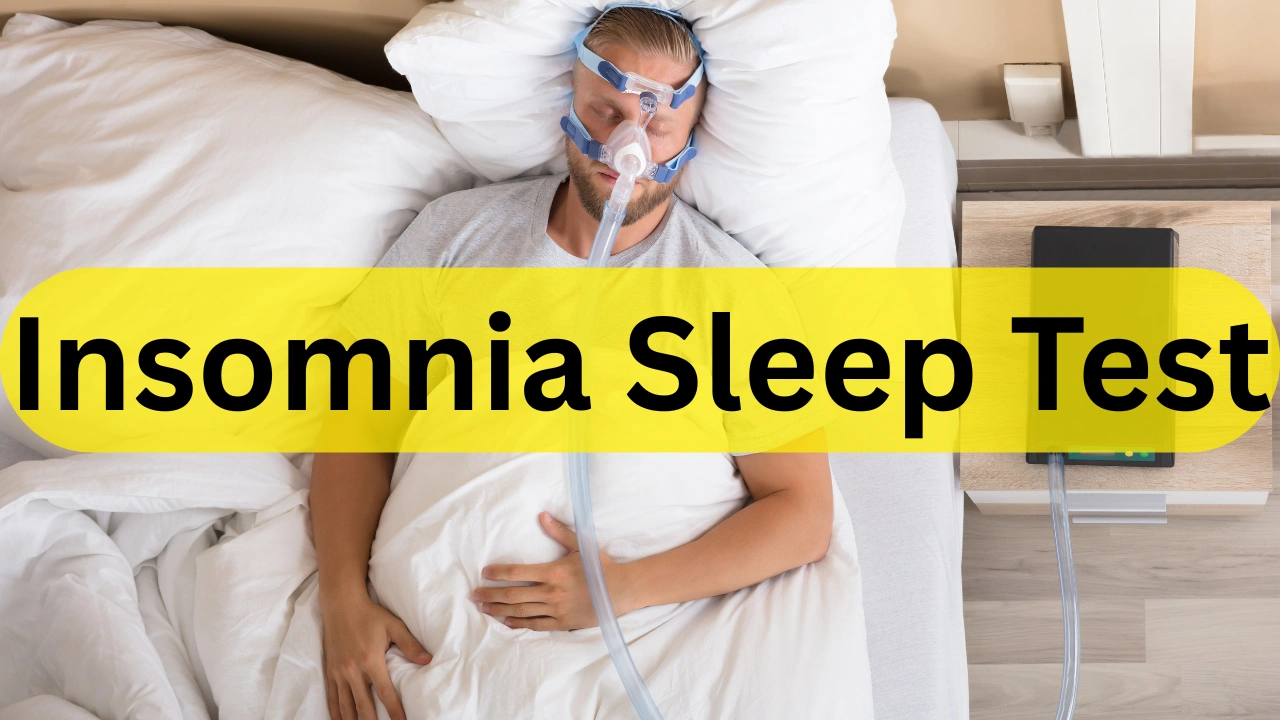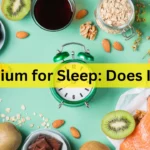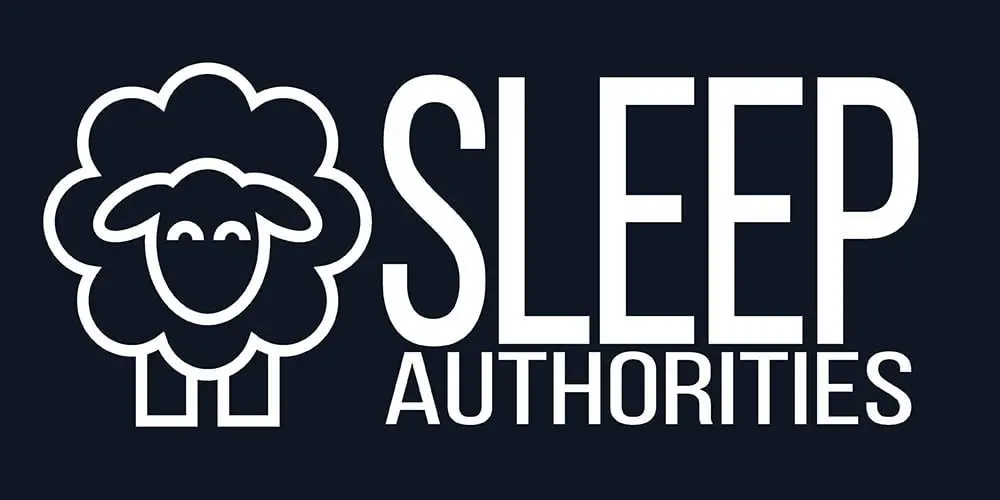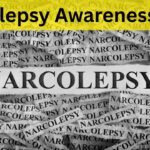Millions of people experience sleep problems, but when do those issues cross into insomnia territory? Our Insomnia Sleep Test helps you understand whether your sleep disruptions are mild, moderate, or severe—and what steps to take next. Built using the trusted Insomnia Severity Index (ISI), this quick, 7-question quiz gives insight into your sleep health. Whether you’re tossing and turning at night or waking up too early, this tool helps point you in the right direction for support and possible treatment options.
About Our Insomnia Sleep Test
What Is the Insomnia Severity Index?
The Insomnia Severity Index (ISI) is a clinically validated questionnaire used by healthcare professionals worldwide. It evaluates common sleep difficulties such as:
- Trouble falling asleep
- Waking during the night
- Sleep satisfaction
- Impact on daily function
Each answer is scored to determine if you have no insomnia, mild/subthreshold symptoms, or clinical insomnia. This test does not replace medical advice but provides a helpful snapshot of your current sleep status.
How the Quiz Helps Identify Sleep Disorders
The quiz is designed to be user-friendly and informative. Once completed, your score aligns with a general sleep wellness category. You’ll be directed to relevant sleep hygiene suggestions, cognitive behavioral therapy options, or medical referral pathways depending on the result.
This makes it a useful tool for those who:
- Struggle to fall or stay asleep
- Feel unrested after a full night in bed
- Suspect underlying sleep issues
Important Medical Disclaimer
This quiz is not intended to diagnose, treat, or cure any medical condition. It’s a preliminary tool for informational purposes only. For persistent or serious symptoms, always consult a licensed healthcare professional.
Taking action based on your results is important—but so is getting expert help when needed.

Signs and Symptoms of Insomnia
Insomnia doesn’t just affect your night—it can disrupt your entire day. The signs can range from physical fatigue to emotional distress and long-term health complications. Recognizing these symptoms early is the first step toward getting better sleep.
Physical and Mental Effects of Poor Sleep
Chronic sleep deprivation affects more than just your energy level. Common signs of insomnia include:
- Difficulty falling asleep
- Waking up frequently at night
- Waking too early and not falling back asleep
- Feeling tired even after 7–8 hours in bed
- Difficulty concentrating or remembering
- Irritability or mood swings
- Headaches or tension
- Weakened immune function
These symptoms often build up over time and can affect your work performance, personal relationships, and even physical safety (such as increased risk while driving).
When Trouble Sleeping Becomes a Disorder
Occasional sleeplessness is normal, but when it happens at least three nights a week for over three months, it may be classified as chronic insomnia. According to sleep specialists, a disorder is suspected when:
- Sleep issues cause significant distress or daytime impairment
- The problem persists despite adequate opportunity for rest
- Symptoms occur even without external stressors (like jet lag)
If these signs sound familiar, it’s time to take a closer look at your sleep habits—or consult a sleep medicine specialist.
Understanding these symptoms helps determine whether lifestyle adjustments or professional treatment might be necessary.
What Causes Insomnia?
Understanding the root of your sleep struggles is the first step toward lasting relief. Insomnia can have a range of causes, from temporary stress to long-standing behavioral habits. Pinpointing the reason behind your symptoms can help you choose the most effective treatment.

Acute vs Chronic Insomnia
- Acute insomnia is short-term. It may last a few days or weeks and is usually triggered by specific events like travel, exams, job changes, or emotional distress.
- Chronic insomnia occurs at least three times a week for three months or more. It often signals deeper issues, such as mental health conditions, medical problems, or ingrained sleep-disruptive habits.
Understanding whether your insomnia is short-term or long-term helps you and your healthcare provider determine the best next steps.
The 3 P’s: Predisposition, Precipitating Trigger, Perpetuating Habits
Experts often explain insomnia through the 3 P’s model:
- Predisposition: Genetics, personality traits (like anxiety-prone thinking), or a history of poor sleep can make someone more vulnerable to insomnia.
- Precipitating Trigger: Life events such as illness, grief, work stress, or sudden changes in routine can set off initial sleep disruptions.
- Perpetuating Habits: Over time, people may adopt unhelpful coping behaviors—like excessive napping, caffeine overuse, or clock-watching—that worsen sleep issues.
Identifying which of the 3 P’s apply to your situation can be a valuable guide when seeking treatment through therapy, sleep coaching, or lifestyle adjustments.
Who Is at Higher Risk for Insomnia?
Insomnia can affect anyone, but certain groups are more likely to experience it due to biological, psychological, and lifestyle factors. Understanding these risk factors can help individuals take preventive steps and seek early intervention.
Age, Gender, Race, and Lifestyle Factors
- Age: Older adults are more likely to experience insomnia. Changes in sleep architecture, medical conditions, and medications contribute to disrupted sleep patterns as people age.
- Gender: Women report insomnia more often than men, especially during hormonal shifts related to menstruation, pregnancy, or menopause. Hormonal changes can directly impact sleep quality and duration.
- Race and Ethnicity: Studies show that individuals from certain racial and ethnic minority groups may have higher rates of sleep disturbances due to stress, healthcare disparities, or environmental conditions.
- Lifestyle Factors: People with irregular schedules, high-stress jobs, excessive screen time, or substance use (like caffeine, alcohol, or nicotine) are at increased risk. Inconsistent sleep-wake routines and limited physical activity can also disrupt the body’s natural circadian rhythm.
Recognizing these risk factors doesn’t guarantee insomnia will occur, but it emphasizes the importance of healthy sleep habits and personalized care when problems arise.
How to Treat Insomnia
Insomnia may feel overwhelming, but there are proven strategies to improve sleep. Treatment often depends on the root cause and severity of your condition, but most solutions start with building better sleep habits.
Sleep Hygiene Improvements
Many cases of insomnia can improve by simply changing your environment and daily routines. These changes are known as “sleep hygiene.” Some key improvements include:
- Sticking to a consistent sleep and wake time
- Avoiding screens at least an hour before bed
- Creating a cool, dark, and quiet sleep space
- Limiting caffeine and alcohol, especially in the evening
- Using the bed only for sleep (not work or TV)
Small behavioral changes can make a big impact on sleep quality over time.
Cognitive Behavioral Therapy for Insomnia (CBT-I)
CBT-I is a gold-standard treatment for chronic insomnia. It’s a structured, evidence-based therapy that focuses on:
- Identifying negative thoughts about sleep
- Creating a healthier mindset and behaviors around bedtime
- Limiting time in bed to reset the body’s sleep drive
CBT-I is available through therapists, sleep clinics, or even online apps. It often works better than medication in the long term.
When to Seek Help From a Sleep Specialist
If your sleep troubles don’t improve with lifestyle changes or last longer than a few weeks, it may be time to consult a sleep specialist. They can:
- Evaluate for conditions like sleep apnea, restless legs syndrome, or depression
- Recommend diagnostic tests like a sleep study
- Provide tailored treatment plans
Early intervention can prevent short-term sleep issues from becoming long-term health problems.
The sooner you address insomnia, the sooner you can reclaim restful nights and better health.
Understanding Your Test Results
Once you complete the Insomnia Sleep Test, your score falls into one of four categories. These results are based on the Insomnia Severity Index (ISI) and provide a quick overview of how your sleep issues may be affecting your health and daily life.
Score 0–7: No Clinically Significant Insomnia
A score in this range typically indicates good sleep health. You may still experience occasional poor nights, but your overall sleep quality isn’t likely to be affecting your daily functioning. Keep maintaining healthy sleep habits.
Score 8–14: Subthreshold Insomnia
This range signals mild sleep disturbances. You might find it slightly hard to fall asleep, wake up during the night, or feel unrested. It’s a good time to adopt better sleep hygiene practices and keep a close eye on your sleep patterns.
Score 15–21: Clinical Insomnia (Moderate)
Moderate insomnia may require more structured support. You may be experiencing:
- Frequent sleep disruptions
- Fatigue during the day
- Frustration over not sleeping well
CBT-I (Cognitive Behavioral Therapy for Insomnia) or speaking to a sleep coach or therapist can help.
Score 22–28: Clinical Insomnia (Severe)
A high score suggests that insomnia is seriously affecting your quality of life. You may:
- Struggle to sleep most nights
- Feel extreme fatigue
- Experience mood issues, anxiety, or decreased performance
Seek help from a licensed sleep specialist or physician. Medical evaluation is important to rule out underlying conditions or begin targeted treatment.
Dangers of Untreated Insomnia
Insomnia isn’t just about feeling tired or cranky—it can have serious long-term effects on your overall health and well-being. If left untreated, insomnia may increase your risk for various physical and mental health issues.
Physical Health Risks
Chronic insomnia can negatively affect your body in many ways:
- Heart Disease: Poor sleep increases the risk of high blood pressure, heart attack, and stroke.
- Weakened Immune System: Sleep is crucial for immune repair and defense. Lack of it makes you more susceptible to illness.
- Weight Gain & Diabetes: Sleep disruptions interfere with hunger-regulating hormones and blood sugar control.
- Fatigue-Related Accidents: Sleep-deprived individuals have slower reaction times and are at higher risk of accidents at work or on the road.
Mental Health Consequences
Your brain needs sleep to function properly. When insomnia goes untreated, it can lead to:
- Depression & Anxiety: There’s a strong two-way link between poor sleep and mood disorders.
- Cognitive Decline: Insomnia may impair memory, focus, and decision-making.
- Increased Stress: Lack of sleep raises cortisol levels, keeping the body in a state of constant tension.
Recognizing the dangers of untreated insomnia is the first step toward prioritizing better sleep. The sooner you address it, the quicker you can prevent it from snowballing into more serious health issues.
What to Do After Taking the Test
If your insomnia test results suggest a potential sleep disorder, you’re not alone—and you’re not without options. Whether your results are mild or severe, taking steps toward better sleep can significantly improve your health and quality of life.
Lifestyle Resources and Tools
Begin by reviewing your daily habits. Often, small changes can make a big difference. Helpful tools include:
- Guided sleep meditation or breathing exercises
- Blue light filters or screen timers at night
- Sleep-tracking apps and smart alarm systems
- Supportive bedtime routines (consistent schedule, wind-down time)
Free and low-cost resources are widely available and a great place to start if your symptoms are mild.
When to Contact a Healthcare Provider
If your score indicates moderate to severe insomnia—or if your symptoms interfere with daily functioning—it’s time to speak with a licensed healthcare provider. You may benefit from cognitive behavioral therapy for insomnia (CBT-I), a first-line treatment recommended by sleep experts.
Also consult a provider if:
- You’re using over-the-counter sleep aids regularly
- Sleep issues are linked with anxiety, depression, or chronic pain
- You’ve tried lifestyle changes but symptoms persist
Finding Accredited Sleep Centers or Telehealth Support
Board-certified sleep specialists can help assess and treat underlying sleep disorders. Look for:
- Sleep centers accredited by the American Academy of Sleep Medicine (AASM)
- Online telehealth programs offering CBT-I
- Referrals from your primary care doctor or mental health professional
Remember: Getting help for insomnia isn’t a sign of weakness—it’s a smart step toward improving your physical, emotional, and mental well-being.




